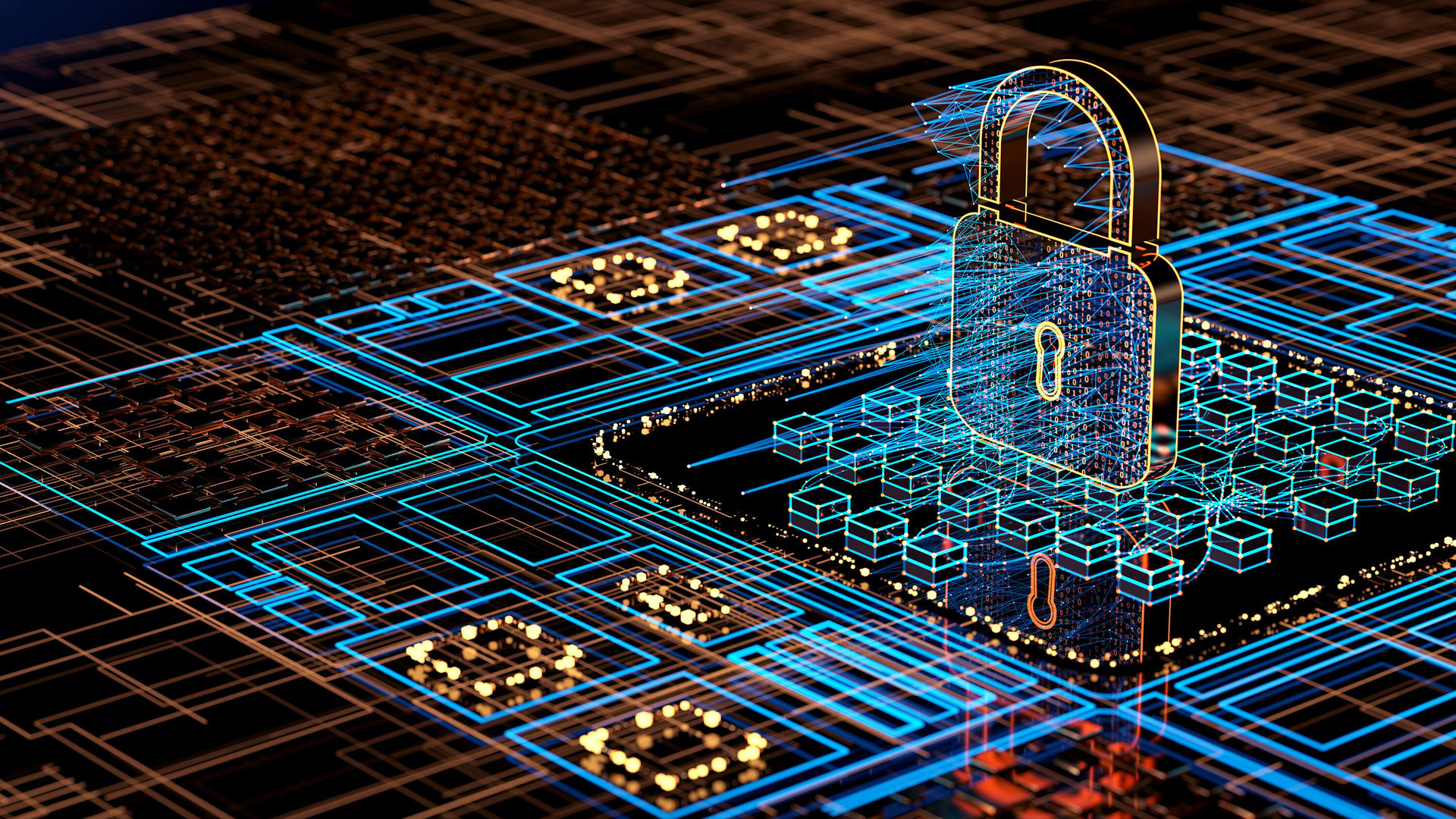feature
Enhancing supply chain security: How automation is strengthening cyber defenses and overall productivity
Small-to-mid-sized distributors among top cyber attack targets.
By Natalie Forster

MF3d / E+ / Getty Images
In a recent conversation with Epicor, Supply House Times gained insight into trends like cybersecurity, onshoring and automation, along with overall supply chain technology trends. In 2025, automation will be essential for addressing the talent shortage and bridging the widening knowledge gap in manufacturing and distribution. As experienced employees retire, companies lose valuable insights that were once retained by long-tenured staff. This isn't just a technology gap—it's a loss of institutional knowledge. AI can help by analyzing and organizing the data and trends these employees once managed, allowing newer workers to make sense of it and maintain productivity, while easing concerns about job displacement as automation helps workers do more with less.
Cyberattacks are only becoming more sophisticated, and organizations without robust cybersecurity plans will remain vulnerable to costly breaches. Distributors in the cloud can be more agile and resilient, responding more quickly to ongoing disruptions. Additionally, being in the cloud provides distribution companies with enhanced security by leveraging the expertise of cloud providers' cybersecurity teams, protecting them from threats they may not be equipped to handle in-house.
U.S. manufacturers, especially in industrial machinery industry, will sharply increase vertical integration, bringing component fabrication and production in-house. This move allows for greater control over service quality and is a natural evolution for many companies looking to optimize scheduling capacity and enhance manufacturing capabilities. Tariffs and other disruptions may accelerate this shift. Over the past two to three years, many distributors have already taken on light manufacturing to improve customer service, positioning themselves ahead of the curve and strengthening their supply chain resilience.

Check out the below Q&A with John Carrico, vice president, product development at Epicor and listen to the full podcast here.
NF: What should distributors know about cybersecurity in 2025, and what things can they be doing to mitigate their risk?
JC: A really important part of cybersecurity is the scale and flexibility that comes along with being in the cloud. A lot of our distributors are going to struggle to adapt to tariffs or other potential disruptions quickly. When you’re cloud-based, you’re always current.
Cyberattacks are becoming more and more sophisticated, and organizations that really don't have a lot of robust security plans are going to remain vulnerable to those costly breaches. Because Epicor has the backing of some large institutions whose whole focus is on security, we can bring more scale to the table around security. Distributors utilizing a cloud are able to be more agile, resilient and responsive to threats.
NF: What are the major benefits of cloud storage for distributors?
JC: First and foremost, it’s scalability and flexibility. Cloud storage allows distributors to easily scale their operations without having to compromise on infrastructure. Cloud storage is some of the cheapest storage that's out there, so it really allows them a great way to dump all of their data in an inexpensive way.

John Carrico
Additionally, they can bring in structured and unstructured data, and have access to that data in real time and as often as needed. Cloud storage provides supply chain content and insights that improve decision making. Cloud platforms also enable AI driven capabilities.
Once you optimize and leverage a cloud storage solution, it's much easier to bring in content from an ecosystem of products. So you can leverage storage from all of your products across your ecosystem efficiently in a cloud, reducing that need for expensive hardware and its maintenance.
NF: What ways do you see automation being most helpful for distributors in 2025 and beyond?
JC: We are seeing our distributors leveraging robotics and automated picking systems. There are also intelligent inventory management solutions that have AI driven demand forecasting, which really helps distributors optimize their stock levels and pivot.
They are also leveraging AI agent networks and automated solutions to help automate ordering, customer service, automate the interaction users have with an ERP system, and just enhance the overall customer experience
NF: So how can automation or AI help address the talent shortage that we have?
JC: Automation offers tools that can take over and reduce repetitive workloads and tasks. AI driven training tools have the technology to adapt to the needs of the employee and provide skills that oftentimes take years to learn.
Instead of having to navigate and follow a workflow, we now have ways in which they can just ask a question, and the system can do it for them. Additionally, augmenting the decision-making process with AI-powered analytics can really help that employee make better strategic decisions without needing that technical expertise.
NF: So are there any myths that you can bust surrounding AI or cybersecuritry?
JC: Perhaps the most common one is that AI is going to replace all jobs. I think AI enhances productivity; it definitely doesn't replace human roles. It can actually create new job opportunities.
We see a lot of our customers wanting to make their teams more productive; how can they create more value and get more value out of the staff they have? AI can make people more productive so that businesses can do more with less.
The other myth that hear often is that automation and AI are only for big companies. In reality, even the small companies or small distributors can, benefit — in fact, oftentimes have more potential to benefit — from simple things like demand forecasting and having automation to be able to run hundreds and thousands of SKUs through a demand forecasting tool instead of having individuals try to manage that.
One myth is that automation and AI are only for big companies. In reality, even the smaller distributors can benefit — in fact, oftentimes have more potential to benefit from simple things like demand forecasting.
One myth about cybersecurity is that smaller companies don’t have a target on their back. Unfortunately, that’s not true. In fact, we think small to mid-size distributors are increasingly targeted by cyber attacks and are even more vulnerable because they may not have the cloud storage or automated monitoring needed for protection.
NF: So what are your predictions for overall supply chain technology this year?
JC: We are going to see decentralization companies; distributors will rely on multiple suppliers and alternating shipping routes to avoid supply chain disruptions or tariff-related disruptions. This is coupled with more investment in reshoring or nearshoring; they will be shifting their supply chains closer to home.
This will require more digital tools to help manage complex logistics. We will also see an increase in cybersecurity and cloud adoption to enhance supply chain security and geopolitical risk.
We'll also see growth in AI powered automation procurement, along with the streamlining of workflows and processes within distribution. You also see from a procurement perspective, AI is going to start helping with supplier selection, contract negotiations, and compliance tracking.
ABOUT THE AUTHOR:



